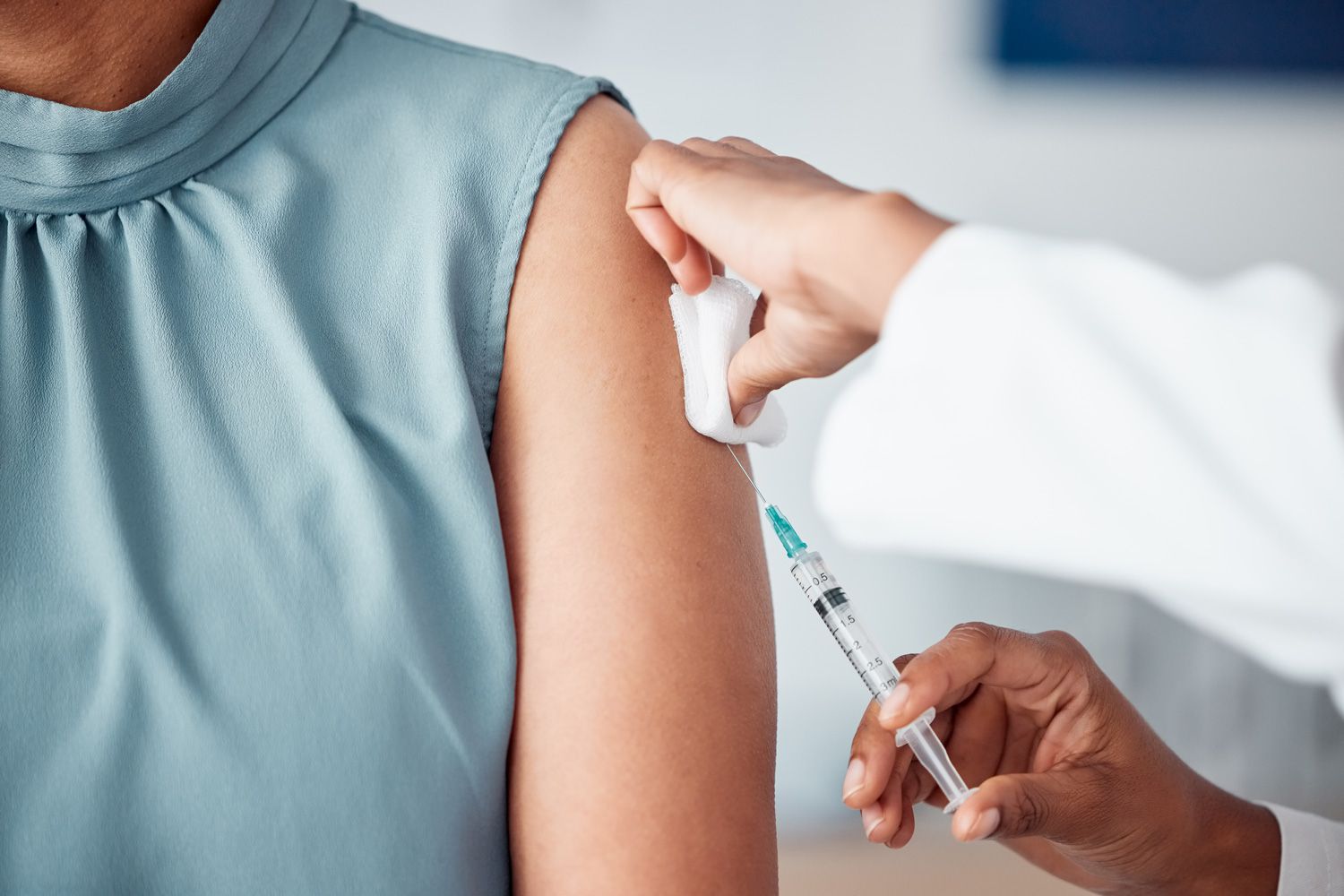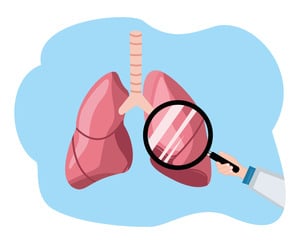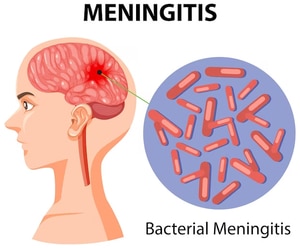Vaccine/Immunization
Altheda offers over a dozen vaccines on-site—including flu, COVID-19, MMR, HPV, and more—often covered by insurance to keep your costs low.
Get seen right away!
Certified immunizer on-site.
Readily available.
Walk-in welcomed.

Learn More About Vaccines by Age and Condition
For vaccine recommendations by age and health condition, visit the CDC’s immunization schedules for clear, up-to-date guidance.
Vaccines Offered at Altheda
Flu
The CDC recommends an annual flu vaccination for nearly everyone 6 months of age and older, and our pharmacies are able to vaccinate patients as young as 3 years old in some states. Get your flu shot to help reduce your risk of serious complications from the flu, including hospitalization.
Helps protect you & your loved ones
Flu shots also help protect the people around you, which is especially important for those who are vulnerable to serious complications, including babies and the elderly.
For added convenience, Altheda offers group scheduling for families.
Stay ahead of changing viruses

Because circulating influenza viruses are always changing and as new variants are discovered, the flu vaccine composition is reviewed and updated annually.
This information has been updated as of 6/2024.
COVID-19
The CDC recommends that everyone ages 6 months and older get an updated COVID-19 vaccine to help protect against serious illness from COVID-19. Eligible patients can receive an updated COVID-19 vaccine at least two months after their last dose of a COVID-19 vaccine.
This information has been updated as of 6/2024.
Pneumonia (Pneumococcal)
The CDC recommends Pneumonia (Pneumococcal) vaccine for:
- Adults 65 years and older
- Patients 19 years of age or older who have certain medical conditions or risk factors
A vaccine can help prevent pneumonia

Pneumonia vaccines help protect against disease,* which includes infections like pneumonia and meningitis as well as ear and sinus infections.
Some are more likely to get infected
The CDC recommends that certain groups get vaccinated**:
- all children younger than 5 years old.
- adults 65 years or older.
- those aged 6 through 64 who have certain medical conditions or risk factors, including these pictured, among others.
This information has been updated as of 6/2024.
Hepatitis B
The CDC recommends the hepatitis B vaccine for:
- All infants, all children or adolescents younger than 19 years of age who have not been vaccinated
- All adults ages 19 through 59 years and adults age 60 years or older with risk factors for hepatitis B infection
Help prevent infection
The vaccine can help protect against infection from the hepatitis B virus, which can be transmitted through activities that involve skin puncture or contact with blood or body fluids of an infected person. Many people don’t know they are infected with the virus because they don’t look or feel sick; however, they can still spread the virus to others.
This information has been updated as of 6/2024.
HPV
The CDC recommends HPV (human papillomavirus) vaccine for:
- Individuals as young as nine years old up to those 26 years of age
- Anyone who is recommended by their health care providers
A vaccine can help prevent serious disease
The vaccine can help protect against certain cancers and other diseases that are caused by HPV. About 31,500 people are affected yearly by a cancer caused by HPV. Also, HPV can spread even when there are no signs or symptoms.
CDC recommendations
Unvaccinated preteens, teens and young adults 9 through 26 years of age should consider getting vaccinated.
Unvaccinated adults ages 27 through 45 years seeking protection should consult with their health care provider about whether a vaccine is right for them.
This information has been updated as of 6/2024.
Tdap (tetanus, diphtheria and pertussis)
The Tdap vaccine can help prevent tetanus, diphtheria and pertussis (whooping cough). The CDC recommends that all adolescents receive their first Tdap vaccine, and it highly recommends that they receive it before they become teens, getting that first shot at age 11 or 12. After that dose, they should continue to receive a Tdap vaccine for booster immunization every 10 years.
It helps protect against serious illness
Tetanus enters the body through cuts or wounds, while diphtheria and pertussis (whooping cough) are contagious diseases transmitted between people. The Tdap vaccine can help prevent tetanus, diphtheria and pertussis.
Adolescents and adults
For those not fully vaccinated with DTaP, the CDC recommends:
- Adolescents ages 11 to 12 years should receive a Tdap vaccine as a single dose.
- Patients ages 13 to 18 who missed getting a Tdap vaccine by age 12 should receive a single Tdap dose.
- After their first dose, patients should continue to receive a Td or Tdap vaccine for routine booster immunization every 10 years.
This information has been updated as of 6/2024.
Polio
The CDC recommends that children get four doses of polio vaccine, each at the following stages: 2 months of age, 4 months, 6 through 18 months, then at ages 4 through 6 years to help protect them from the devastating effects of a polio infection.
This information has been updated as of 6/2024.
Varicella (ChickenPox)
The CDC recommends that children get four doses of polio vaccine, each at the following stages: 2 months of age, 4 months, 6 through 18 months, then at ages 4 through 6 years to help protect them from the devastating effects of a polio infection.
This information has been updated as of 6/2024.
Hepatitis A
The CDC recommends a hepatitis A vaccination for unvaccinated children and teens through 18 years of age and adults at higher risk for getting a hepatitis A infection, as well as those 19 years of age and older who are not at higher risk and seek protection.
This information has been updated as of 6/2024.
Meningitis: Meningococcal B (MenB)
The CDC recommends a Meningococcal B (MenB) vaccination for people 10 years or older who are at increased risk for serogroup B meningococcal disease, including:
- People at risk because of a serogroup B meningococcal disease outbreak
- Anyone whose spleen is damaged or has been removed, including people with sickle cell disease
- Anyone with a rare immune system condition called “complement component deficiency”
- Anyone taking a type of drug called a “complement inhibitor,” such as eculizumab (also called “Soliris”®) or ravulizumab (also called “Ultomiris”®)
- Microbiologists who routinely work with isolates of N. meningitidis

Altheda Medical Center also provides Meningococcal A, C, W, Y (MenACWY), which is a different meningococcal vaccine protecting against meningococcal disease.
This information has been updated as of 6/2024.
Meningitis: Meningococcal A, C, W, Y (MenACWY)
The CDC recommends that all 11 to 12 year olds get a MenACWY meningitis vaccine, with a booster dose at 16 years old. Those between 16 through 23 years old also may get a MenB meningitis vaccine. The CDC also recommends a meningococcal vaccination for other children and adults who are at increased risk for meningococcal disease.
This information has been updated as of 6/2024.
Rotavirus (ORAL)

- The first dose must be administered before 15 weeks of age.
- The last dose must be administered by 8 months of age.
Almost all babies who get rotavirus vaccine will be protected from severe rotavirus diarrhea.
Another virus called “porcine circovirus” can be found in one brand of rotavirus vaccine (Rotarix). This virus does not infect people, and there is no known safety risk.
Rotavirus vaccine may be given at the same time as other vaccines.
This information has been updated as of 6/2024.
Frequently Asked Questions (FAQs)
Many insurance plans will cover vaccinations. To ensure coverage, contact your insurance provider.
Medicare Part B covers preventive care vaccines for flu, COVID-19, pneumonia and hepatitis B at no cost. Medicare Part D covers preventive care vaccines for shingles and Tdap at no cost. Certain other vaccines, such as vaccines used for treatment purposes or vaccines not recommended by the Advisory Committee on Immunization Practices (ACIP), may be covered with cost sharing. Visit Medicare.gov to learn more.
Many school systems now require fifth and sixth graders to receive a Tdap immunization. Meningitis vaccinations are also required by some colleges before incoming freshmen are allowed to move into dorms or attend classes. To find out what vaccines are required for your individual situation, please contact your local school district or specific college.
You may experience mild side effects after receiving a vaccine. Most side effects are mild (for example, a sore arm or low-grade fever) and go away within a few days. More information on each vaccination is available on the specific vaccine health pages. https://www.cdc.gov/vaccines/vac-gen/side-effects
There are some people who should not get certain vaccines or should wait to get them due to age, specific health conditions or other factors. It’s always a good idea to discuss with your health care provider the vaccinations you are considering.
Unvaccinated people can be at risk if exposed to vaccine-preventable diseases. Symptoms and complications of such diseases can be serious and even life-threatening.
FOR PNEUMONIA VACCINES HELP PROTECT AGAINST DISEASE: The Centers for Disease Control and Prevention. Pneumonia Can Be Prevented—Vaccines Can Help. September 30, 2022. https://www.cdc.gov/pneumonia/prevention Accessed June 26, 2023.
*FOR CDC RECOMMENDS THAT CERTAIN GROUPS GET VACCINATED: The Centers for Disease Control and Prevention. Pneumococcal Vaccination: What Everyone Should Know. January 20, 2023. Available at: https://www.cdc.gov/pneumococcal/vaccines/ Accessed June 26, 2023.
Why Choose Altheda for your vaccinations?



Certified immunizer on-site. Readily available.
